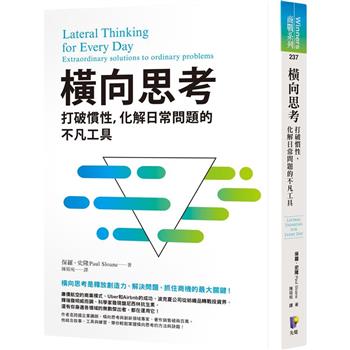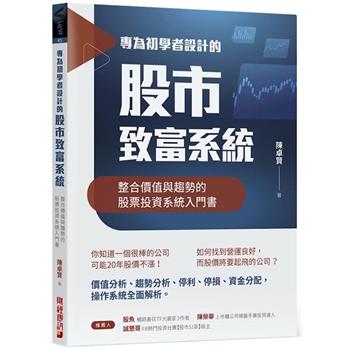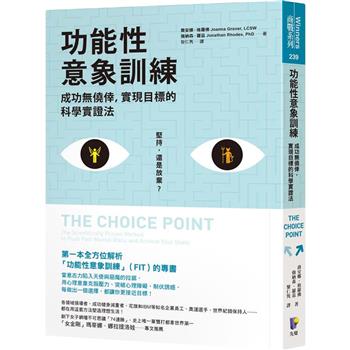| FindBook |
|
有 3 項符合
Living Control Systems Publishing的圖書 |
 |
$ 492 | Hold That Thought!
作者:Carey 出版社:Living Control Systems Publishing 出版日期:2025-03-09 語言:英文 規格:平裝 / 174頁 / 20.96 x 13.97 x 0.94 cm / 普通級/ 初版  看圖書介紹 看圖書介紹
|
 |
$ 530 | A People Primer
作者:Roy 出版社:Living Control Systems Publishing 出版日期:2025-03-01 語言:英文 規格:平裝 / 238頁 / 22.86 x 15.24 x 1.27 cm / 普通級/ 初版  看圖書介紹 看圖書介紹
|
 |
$ 1366 | Powers of Perceptual Control, Volume I: An Inquiry into Language, Culture, Power, and Politics
作者:Taylor 出版社:Living Control Systems Publishing 出版日期:2024-10-01 語言:英文 規格:平裝 / 496頁 / 27.94 x 21.59 x 2.54 cm / 普通級/ 初版  看圖書介紹 看圖書介紹
|
|
|
|











